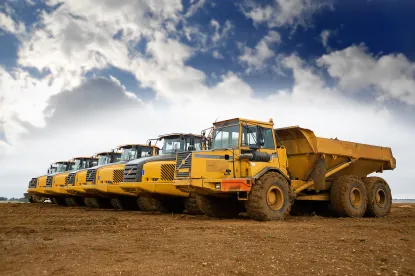Welcome to In the Zone: GT Qualified Opportunity Zone News. Our monthly digest of the latest federal and state developments in Qualified Opportunity Zones and Qualified Opportunity Funds to keep stakeholders apprised of the most pressing issues in this burgeoning space.
At the White House
HOT DOCS– Treasury issues second round of regulations and wants public comment measuring the economic impact of QOZs.
GT Alert > Highly Anticipated Qualified Opportunity Zone Proposed Treasury Regulations Released
In early April, President Trump named Scott Turner as the new Executive Director of the White House Opportunity and Revitalization Council.
The Administration strongly supports QOZ.
REVITALIZING AMERICAN COMMUNITIES: Opportunity Zones are a critical part of President Trump’s efforts to bring economic opportunity to communities that have been left behind.
- The Tax Cuts and Jobs Act (TCJA) included a new Opportunity Zones incentive designed to bring investment to struggling communities across the country.
- Under the TCJA, investors can get tax benefits by investing in communities designated as Opportunity Zones.
- Investors receive tax benefits on capital gains that they reinvest into Opportunity Zones through investment vehicles called Qualified Opportunity Funds.
- These benefits are structured to promote long-term investment that will help these communities recover and thrive.
- All states, territories, and the District of Columbia nominated low-income communities to be designated as Opportunity Zones.
- 8,762 communities home to nearly 35 million Americans have now been designated.
- Opportunity Zones will help encourage investors to fund new businesses, develop properties, and finance construction in these struggling communities.
On April 17, the President participated in another community group outreach event on QOZs at the White House.
In the Agencies
Treasury announced the highly anticipated second round of regulations at the White House event April 17. Read about it here as well. Treasury also wants public comment on how to measure the economic impact of QOZs
HUD is asking for public comment on its existing policies, practices, planned actions, regulations, and guidance regarding HUD-administered programs and laws to identify actions HUD can take to encourage beneficial investment, both public and private, in urban and economically distressed communities, including qualified Opportunity Zones. HUD seeks input and recommendations from the public regarding potential agency actions.
In Congress
Legislation introduced to apply Opportunity Zones to areas struggling with disaster recovery.


 />i
/>i

